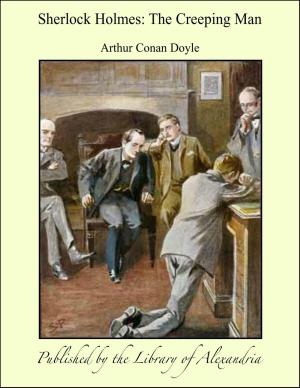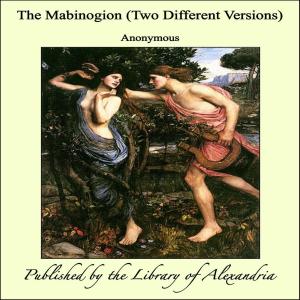The Complete Works of Plotinos
Nonfiction, Religion & Spirituality, New Age, History, Fiction & Literature| Author: | Plotinos | ISBN: | 9781465582102 |
| Publisher: | Library of Alexandria | Publication: | March 8, 2015 |
| Imprint: | Language: | English |
| Author: | Plotinos |
| ISBN: | 9781465582102 |
| Publisher: | Library of Alexandria |
| Publication: | March 8, 2015 |
| Imprint: | |
| Language: | English |
It is only with mixed feelings that such a work can be published. Overshadowing all is the supreme duty to the English-speaking world, and secondarily to the rest of humanity to restore to them in an accessible form their, till now, unexploited spiritual heritage, with its flood of light on the origins of their favorite philosophy. And then comes the contrast—the pitiful accomplishment. Nor could it be otherwise; for there are passages that never can be interpreted perfectly; moreover, the writer would gladly have devoted to it every other leisure moment of his life—but that was impossible. As a matter of fact, he would have made this translation at the beginning of his life, instead of at its end, had it not been for a mistaken sense of modesty; but as no one offered to do it, he had to do it himself. If he had done it earlier, his "Philosophy of Plotinos" would have been a far better work. Indeed, if it was not for the difficulty and expense of putting it out, the writer would now add to the text an entirely new summary of Plotinos's views. The fairly complete concordance, however, should be of service to the student, and help to rectify the latest German summary of Plotinos, that by Drews, which in its effort to furnish a foundation for Hartmann's philosophy of the unconscious, neglected both origins and spiritual aspects. However, the present genetic insight of Plotinos's development should make forever impossible that theory of cast-iron coherence, which is neither historical nor human.
It is only with mixed feelings that such a work can be published. Overshadowing all is the supreme duty to the English-speaking world, and secondarily to the rest of humanity to restore to them in an accessible form their, till now, unexploited spiritual heritage, with its flood of light on the origins of their favorite philosophy. And then comes the contrast—the pitiful accomplishment. Nor could it be otherwise; for there are passages that never can be interpreted perfectly; moreover, the writer would gladly have devoted to it every other leisure moment of his life—but that was impossible. As a matter of fact, he would have made this translation at the beginning of his life, instead of at its end, had it not been for a mistaken sense of modesty; but as no one offered to do it, he had to do it himself. If he had done it earlier, his "Philosophy of Plotinos" would have been a far better work. Indeed, if it was not for the difficulty and expense of putting it out, the writer would now add to the text an entirely new summary of Plotinos's views. The fairly complete concordance, however, should be of service to the student, and help to rectify the latest German summary of Plotinos, that by Drews, which in its effort to furnish a foundation for Hartmann's philosophy of the unconscious, neglected both origins and spiritual aspects. However, the present genetic insight of Plotinos's development should make forever impossible that theory of cast-iron coherence, which is neither historical nor human.















